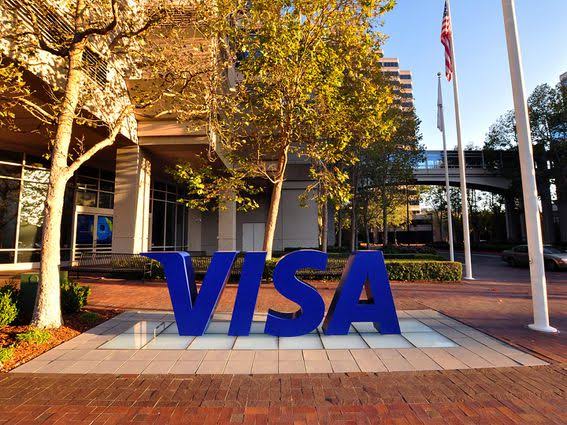According to a blog post published on Thursday by Visa, testing for a procedure that would enable consumers to pay on-chain petrol taxes in fiat currency through card payments has been completed.
Blockchain technology, which has seen substantial adoption over the last several years, according to the payments giant, “could shape the future of money movement.” For mass consumers, however, it is still difficult to facilitate transactions on-chain.
The management of the user’s ETH balance to meet these additional charges is “burdensome,” according to Visa, which noted that petrol fees, the cost of sending and receiving ether (ETH), the native cryptocurrency of the Ethereum blockchain, are in particular. According to the blog, removing this complexity might improve the usability and accessibility of blockchain-based transactions.
According to Visa, it is clear that improvements must be made when contrasting the complexity of blockchain transactions with the ease of fiat-based payment transactions handled by the Visa network.
Visa recommends using Ethereum’s ERC-4337, the current standard that permits smart contracts on the blockchain to serve as wallets via a procedure called “account abstraction,” and a paymaster contract, a smart contract account that can sponsor petrol fees on the user’s behalf, to close the gap. The use of a Visa card to pay for petrol directly would be made possible by this service.
On the Ethereum Goerli testnet, a testing network for Ethereum, this procedure was put to the test.
According to Visa, businesses or decentralised applications (dapps) might use their paymaster solution or pre-existing wallet to facilitate transactions. Among other options, the paymaster service providers could give a card-based option for paying petrol fees.
The payments organisation has been experimenting with various ideas while being involved in the cryptocurrency industry. Most recently, earlier this year, Visa investigated the possibility of converting digital assets into fiat payments.


